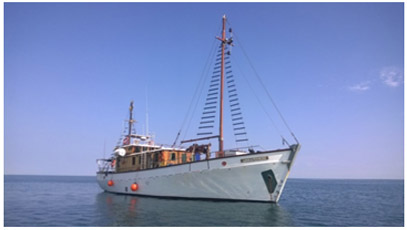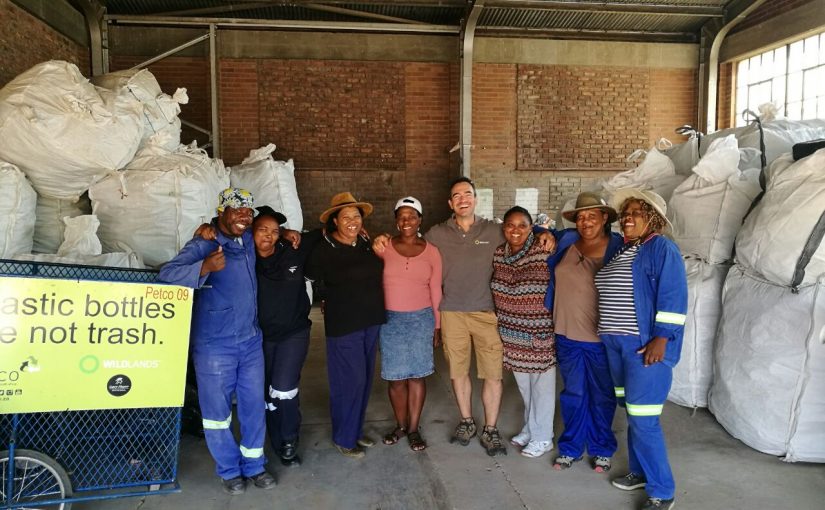Last night the Wildlands Conservation Trust was awarded the TOP PARTNERSHIP AWARD at the 2012 6thFNB KZN Top Business Awards. A highlight on the KZN business calendar, the glamorous awards evening was attended by an esteemed list of dignitaries and leaders from various government departments, municipalities, organisations and businesses across the province. An award is given in each economic sector to businesses and organisations that are making a contribution to the sustained economic growth of KwaZulu-Natal.
The Partnership award was the top accolade of the evening and reflects the importance of effective inter-agency collaboration and partnerships. The Integrated Greening Programme (IGP), led by the Office of the Premier and co-ordinated by the Department of Public Works, is aimed at stimulating local economic development while nurturing the establishment of vibrant, self – motivated communities that are clean, green and driven by inspired “Green-preneurs”.
“This is an incredible achievement and we are extremely proud to have been presented with this award. Through the Integrated Greening Programme between April 2011 and March 2012, 3167 work opportunities were created, 118625 green person days were created, 1 073095kgs of waste was recycled and 277891 trees were planted. This partnership would not have been possible without the vision and drive of Premier Dr Mkhize, who challenged us personally to develop and rollout this program and backed us every step of the way,” comments Dr Andrew Venter, CEO of the Wildlands Conservation Trust.
FNB KZN Regional Chairman Preggie Pillay concluded, “The KZN Top Business Awards allow businesses in various categories to be recognised and awarded in the region. We congratulate all the winners and nominees. We further applaud them for their hard work and efforts in adding great amounts of value to the KZN region and we look forward to seeing more businesses taking part in these great awards.”




